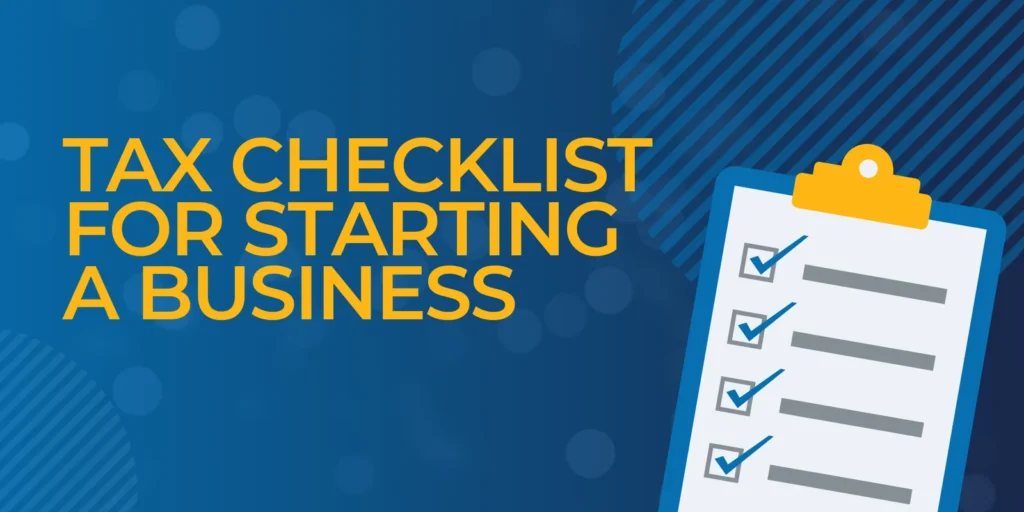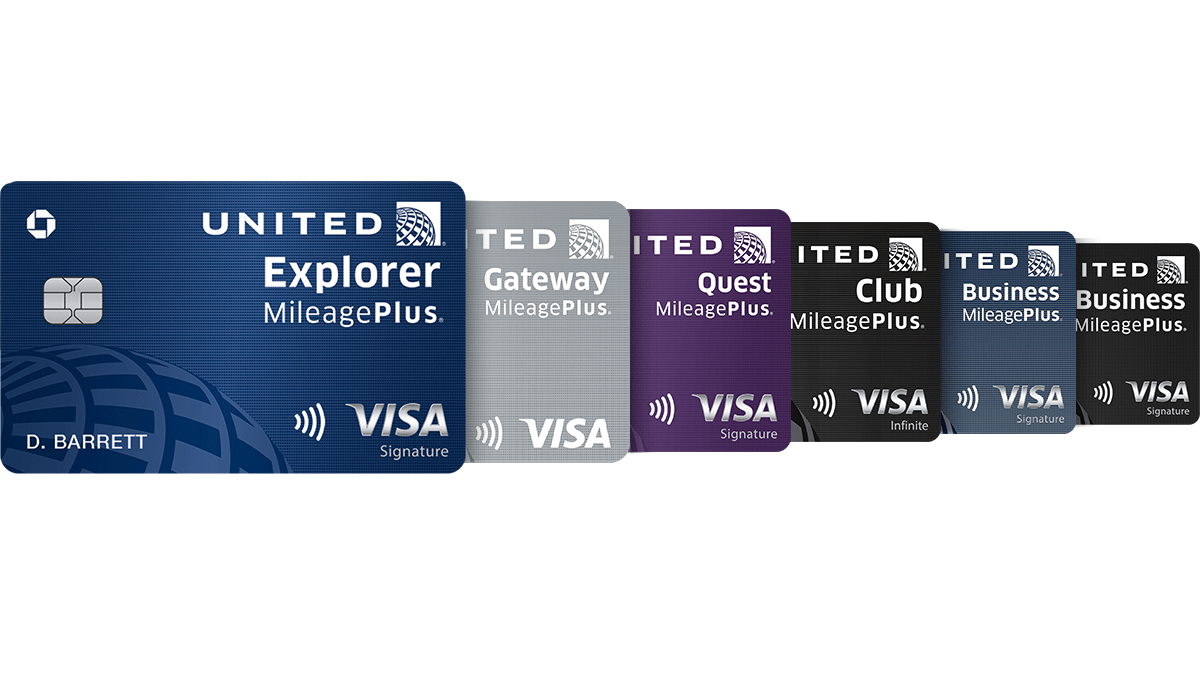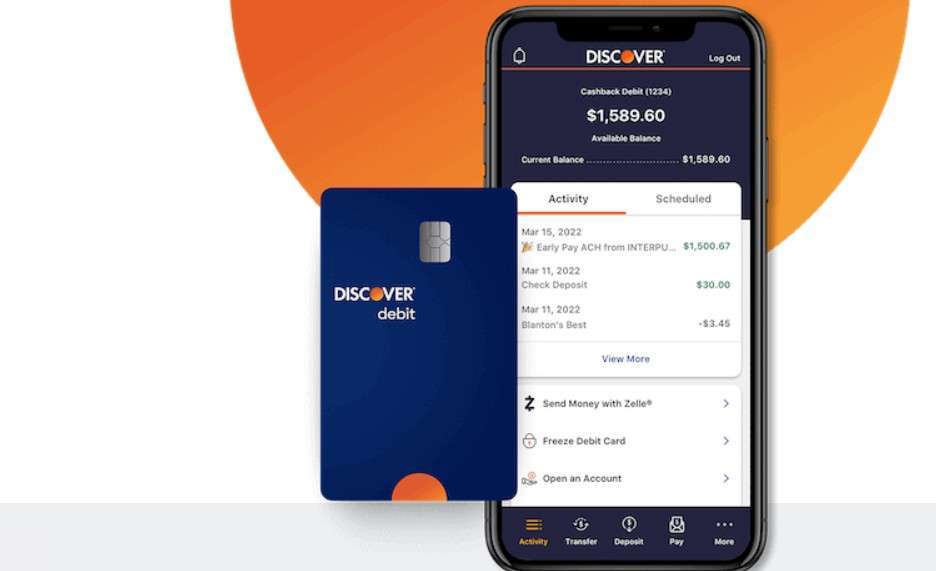Starting a business can be an exciting yet challenging endeavor. While the focus is often on building a product or service and attracting customers, understanding and managing your tax responsibilities is crucial to ensuring your business’s financial health. Here’s a thorough tax checklist for starting a business to help guide you through the process.
Select the Right Business Structure
One of the most important first steps in launching a business is choosing the right structure. This is because it will directly affect how your business is taxed. For example, a sole proprietorship is the simplest structure, and all income is reported on your personal tax return. In contrast, a partnership involves two or more people, and income passes through to the partners. These partners then report it on their personal returns.
If you want to limit your personal liability, a corporation—whether a C-Corporation or S-Corporation—offers liability protection. Corporations have more complex tax rules, such as double taxation for C-Corps, where the company pays corporate taxes, and shareholders also pay taxes on dividends. A middle ground between a corporation and a sole proprietorship is the Limited Liability Company (LLC), which provides liability protection without the corporate tax burden. Each of these structures has different implications for income reporting and taxation, so it’s important to carefully consider your long-term goals when making this decision.
Obtain an Employer Identification Number (EIN)
Once your business structure is in place, you’ll likely need an Employer Identification Number (EIN) from the IRS. This number acts like a Social Security number for your business, and it is required if you plan to hire employees or file business taxes separately from your personal taxes. You can apply for an EIN online through the IRS website, and once received, it will also help you set up a business bank account or apply for business credit.
Register for State and Local Taxes
Beyond federal taxes, you’ll need to determine what state and local tax obligations apply to your business. For example, some states impose income taxes on businesses, while others, like Texas and Florida, do not. If your business sells goods or services, you may also need to collect sales tax and file periodic reports with your state’s Department of Revenue. Failing to register for the right state and local taxes could lead to fines or penalties down the road.
Set Up a Business Bank Account
To keep your personal and business finances separate, open a dedicated business bank account. This is a legal requirement for corporations, but even sole proprietors should consider it for better record-keeping and financial management. Keeping your finances separate helps protect you in case of an audit and makes it easier to track business-related expenses and income.
Understand Your Tax Obligations
Your business’s tax obligations go beyond simply paying taxes once a year. Depending on your business type and income, you may need to file quarterly estimated taxes. These payments are required if you expect to owe more than $1,000 in taxes for the year. They are especially important for sole proprietors, partners, and S-Corporation shareholders, who may not have taxes automatically withheld from their income like traditional employees.
If you operate as a sole proprietor or in a partnership, you’ll also be responsible for paying self-employment taxes, which cover Social Security and Medicare contributions. Unlike employees who split these taxes with their employers, business owners must pay both the employee and employer portions. Failing to pay these taxes can result in underpayment penalties or interest charges, so setting aside money from your income is essential.
Keep Accurate Records
From the moment your business begins operating, it’s vital to keep accurate records. Not only will this help with tax filing, but it can also prove invaluable if you’re ever audited. For instance, recording all income, such as customer payments, and expenses, like rent, utilities, and supplies, will ensure you have the documentation to support any deductions you claim. Using accounting software or hiring a bookkeeper can make this process much more manageable.
Let’s say you run a small online retail business. Each time you purchase inventory, maintain records of the invoices and payments. When you sell an item, keep track of the transaction details, including how much sales tax you collected. At tax time, these detailed records will allow you to claim legitimate deductions and file an accurate tax return.
Understand Payroll Taxes
If you hire employees, your responsibilities grow to include payroll taxes. This means you’ll need to withhold federal income tax, as well as Social Security and Medicare taxes, from your employees’ paychecks. In addition, as an employer, you’re required to pay your portion of Social Security and Medicare taxes, along with unemployment taxes.
For example, if you run a small coffee shop and employ baristas, you’ll need to calculate and remit payroll taxes for each pay period. Many business owners choose to outsource payroll management to ensure compliance with all regulations.
Stay Informed About Sales Taxes
If your business sells products or services, it’s likely you’ll need to collect sales tax on transactions. Each state has its own rules, and some states may require you to charge sales tax even if you’re conducting online sales to customers in other states. Understanding where and how much sales tax to collect is crucial for avoiding penalties. Let’s say you operate an e-commerce store selling custom jewelry. If you’re based in California but ship your products nationwide, you’ll need to know which states require you to collect sales tax and register for permits in those jurisdictions. However, if you sell these jewelry pieces on a marketplace platform like Etsy, they will collect sales tax and remit to the states on your behalf.
Know What You Can Deduct
Many expenses associated with running your business can be deducted from your taxable income, which helps lower your tax liability. These can include everyday operational costs like office supplies, rent, utilities, and business insurance. If you use a vehicle for business, you can either deduct the actual expenses for gas and maintenance or use the IRS’s standard mileage rate. For instance, if you’re a freelance photographer, you can deduct the costs of your camera equipment, editing software, and travel to client locations. Understanding the full range of eligible deductions allows you to maximize savings when filing taxes.
File Your Taxes on Time
Filing your taxes promptly is essential for avoiding penalties and interest. Businesses must file several types of tax returns, such as annual income tax returns, quarterly estimated taxes, and monthly or quarterly sales tax returns. Be sure to mark important tax deadlines on your calendar, as missing them can result in costly penalties.
Leverage Resources for Small Business Owners
As a business owner, there are numerous resources available to help you stay compliant with tax laws. The IRS provides tools like the Small Business and Self-Employed Tax Center, where you can access tax forms, guides, and information tailored to your business needs. The Small Business Administration (SBA) also offers educational materials and mentorship programs to help you navigate taxes and other aspects of running a business.
Consider Professional Help
It’s often a good idea to consult with a tax professional or accountant, especially during the initial stages of your business. A professional can help ensure that you’ve correctly set up your business for tax purposes and help you take advantage of all available deductions. They can also guide you through more complex tax situations, such as whether you should elect to be taxed as an S-Corp to potentially reduce self-employment taxes.
Tax Help for Businesses
Successfully managing taxes when starting a business may seem complex but staying organized and informed will help ease the process. By following this tax checklist—choosing the right structure, registering for the correct taxes, keeping accurate records, and seeking professional advice—you can avoid costly mistakes and set your business up for long-term success. Understanding your tax obligations from the start will not only keep your business compliant but also allow you to focus on what matters most: growing your business. Optima Tax Relief is the nation’s leading tax resolution firm with over a decade of experience helping taxpayers with tough tax situations.
If You Need Tax Help, Contact Us Today for a Free Consultation
Publisher: Source link











